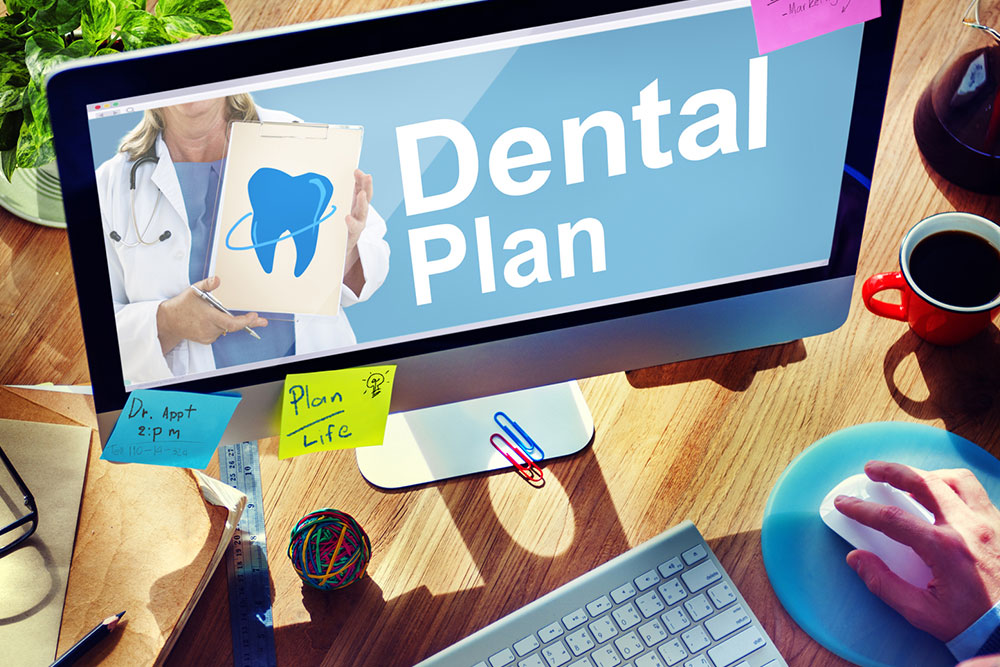8 mistakes to avoid when picking a dental plan

One may often address every aspect of their overall health but forget to account for dental needs. However, oral health needs to be at the forefront of one’s healthcare goals, and one should be more focused on getting an ideal dental plan to suit their needs. Since this might be a new expenditure avenue for many, it is crucial to avoid these eight errors that may result in spending extra on a dental insurance package.
Making an impulse purchase
Most individuals may rush their decisions because they are short on time. In the case of dental insurance, making an impulse purchase could result in buying an unnecessary plan. The individual should ensure they take their time to understand each aspect of an insurance plan before deciding. Additionally, one should never pick up the first plan they find online. An individual should compare multiple insurance options before narrowing it down to a single preference.
Going for the lower rate
The rate of dental coverage can play a massive role in one’s decision-making process. While a low-premium may cost less in terms of coverage, the individual might need to pay higher amounts for complex dental treatments like implants, braces, and bridges. A lower rate may also mean some services are excluded from overall coverage. The lower plan may also come without a rate guarantee, meaning the prices rise after a year. In this scenario, one will have to look for another plan that suits their needs all over again. Therefore, one might be better off looking for a plan that may charge more but offers value-for-money services.
Overlooking group dental coverage
One may make the mistake of not checking whether they qualify for group dental coverage and pay for expensive individual coverage. One may have dental insurance benefits available through one’s employer or other group coverage programs like the Affordable Care Act marketplace health insurance policies, AARP, or public programs such as Children’s Health Insurance Program (CHIP), Medicaid, and TriCare for the military. Such group dental plans are cheaper than individual insurance and may have better benefits. But, one should ensure they read every detail about a group plan before deciding. While a group dental plan might be the best way to secure insurance, an individual may have better options.
Not checking in-network dentists
Signing up for dental insurance without checking the in-network dentist list is one of the most common errors an individual can make. If one has a dentist they prefer, they should ask which insurance plans are accepted at the establishment. An indemnity insurance package may allow one to use the dentist of their choice, but HMO and PPO plans may limit an individual to dentists in their networks. In this case, the dentist may or may not be in the network. The best way to assess this situation is by speaking to the concerned dentist or asking the insurance company about their tie-ups.
Ignoring policy terms
People often ignore the terms of a policy and sign up for it based on the highlighted features. However, this is a grave mistake that may result in one missing out on various benefits or paying an exorbitant cost on their insurance plan. For instance, while a plan may cover dental implants, gum disease treatment, dental implants, and complete dentures, the terms may require one to wait an entire year before the benefits are activated. So, it is crucial to read the terms and conditions of each policy thoroughly before signing up for the plan.
Negligible clarity on discounts
Companies usually show their dental discount rate as 25%. However, this is the amount of savings below the average cost of dental procedures for a particular geographical area. Not all dental insurance companies will calculate discounts the same way. The percentage may indicate the best-case discounts for a particular region or an offer available only with a select group of dentists. One should get complete clarity on how the discounts apply before signing up so they do not get overwhelmed with the dental costs later.
Misunderstanding the total cost of care
An individual shopping for dental insurance may focus solely on the price of premiums in a plan but fail to consider other health expenses. Various factors help determine the total annual cost of healthcare. A few include copays, coinsurance, deductibles, out-of-pocket maximums, and prescriptions. One should add up what they have spent on healthcare in a year to determine the best option for themselves and their family members.
Putting off speaking with a healthcare provider
Most individuals will have a healthcare provider that they frequent. Not taking their advice could negatively impact one’s process of finding the ideal insurance provider. The expert may help determine if one needs any expensive services and the right coverage option. The dentist may also help offer ways to save money. For instance, if an individual is nearing the policy’s annual coverage cap, a dentist might be able to recommend services that can be spread out into the next calendar year. Some dentists may offer in-house dental membership programs or discounts for up-front payments.







